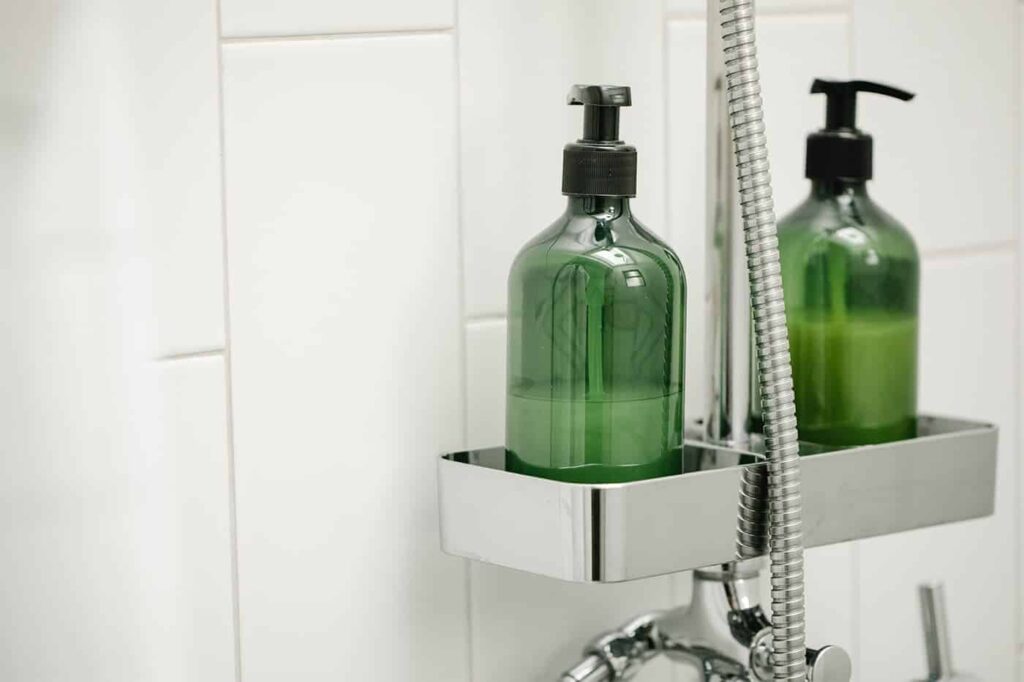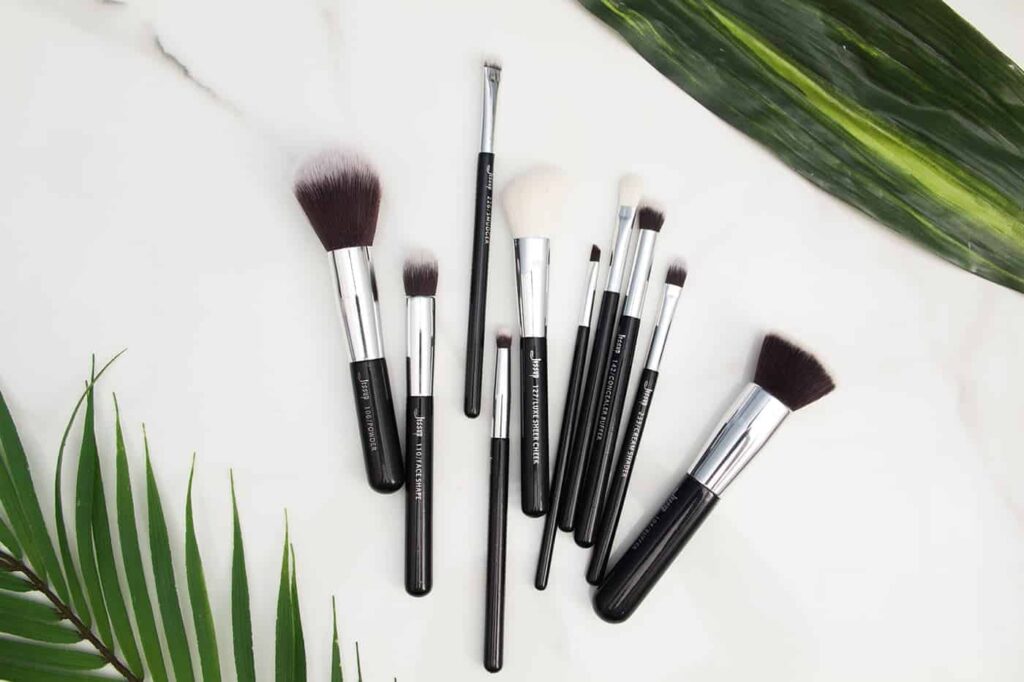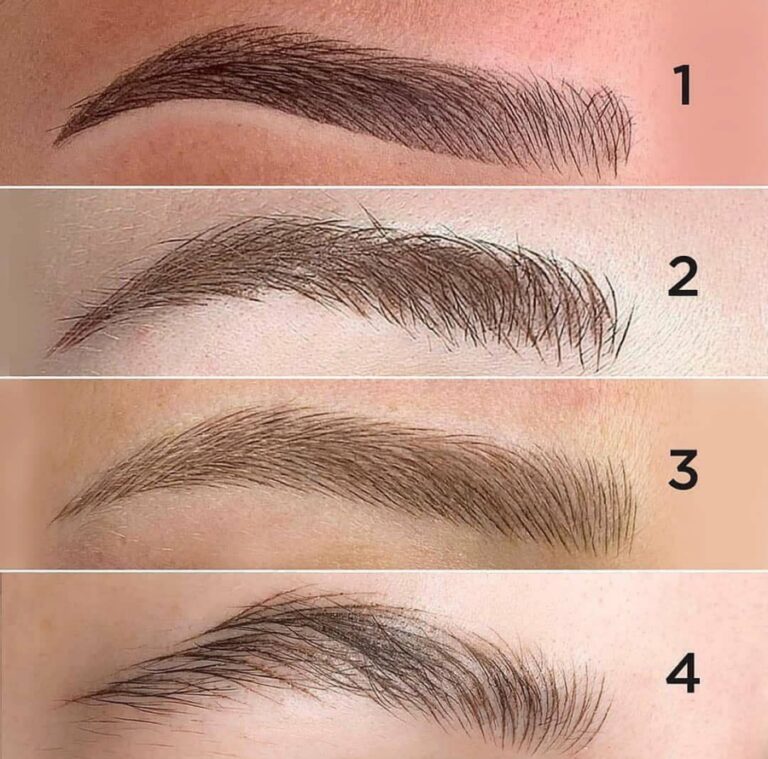Moisturizers, smoothing creams, or hydrating ones?
Moisturizers, smoothing creams, and hydrating creams or lotions all serve different purposes when it comes to skincare. Here are the main differences:
Moisturizers
Moisturizers are products that help to keep the skin soft, supple, and hydrated. They typically contain ingredients like glycerin, hyaluronic acid, or ceramides that attract and hold onto moisture in the skin. Moisturizers work by creating a barrier on the surface of the skin to prevent water loss, which can help to prevent dryness, flakiness, and irritation.
Daily use of moisturizers is important for several reasons:
- Hydration: Moisturizers help to keep your skin hydrated by preventing water loss from the skin’s surface. This is especially important in dry or cold weather conditions, as well as for people with naturally dry skin.
- Skin barrier protection: Moisturizers help to strengthen the skin’s natural barrier function, which can become weakened by environmental factors such as pollution, UV radiation, and harsh skincare products. This barrier protection helps to prevent moisture loss, irritants, and bacteria from entering the skin, thus keeping it healthy and glowing.
- Anti-aging benefits: Regular use of moisturizers can help to reduce the appearance of fine lines and wrinkles, as well as improve skin texture and tone. This is because hydrated skin is more plump and elastic, making it less prone to wrinkles and sagging.
- Soothing properties: Moisturizers can contain soothing ingredients such as aloe vera, chamomile, and calendula, which can help to calm irritated or inflamed skin. This is particularly helpful for people with conditions such as eczema or rosacea, who may experience dryness and irritation.
Daily use of moisturizers is important to keep your skin hydrated, protected, and healthy, as well as to provide anti-aging and soothing benefits.
Smoothing creams
Smoothing creams are designed to improve the texture of the skin by reducing the appearance of fine lines, wrinkles, and other imperfections. They often contain ingredients like alpha-hydroxy acids (AHAs) or retinol that help to exfoliate the skin and increase cell turnover. Smoothing creams can help to improve skin tone and texture, but they may also cause sensitivity or irritation in some people.
Daily use of smoothing creams can be important for several reasons, depending on the specific product and ingredients used. Some potential benefits of using smoothing creams regularly may include:
- Improving skin texture: Smoothing creams can help to refine the skin’s texture by exfoliating dead skin cells and promoting cell turnover. This can leave the skin feeling smoother and softer to the touch.
- Reducing the appearance of fine lines and wrinkles: Some smoothing creams may contain ingredients like retinol or peptides, which have been shown to improve the appearance of fine lines and wrinkles over time.
- Enhancing skin hydration: Many smoothing creams contain hydrating ingredients like hyaluronic acid or glycerin, which can help to lock in moisture and keep the skin feeling plump and supple.
- Brightening the complexion: Some smoothing creams may contain ingredients like vitamin C or niacinamide, which can help to brighten and even out skin tone over time.
It’s worth noting that some smoothing creams can be more aggressive than others, depending on the specific formulation and concentration of active ingredients. It’s important to follow the directions on the product packaging carefully, and to start slowly if you’re introducing a new smoothing cream into your skincare routine.
Overall, if you’re looking to improve the texture and appearance of your skin, a smoothing cream may be a helpful addition to your daily skincare routine.
Hydrating creams or lotions
Hydrating creams or lotions are products that specifically focus on increasing the skin’s moisture levels. They often contain humectant ingredients like Aloe Vera or glycerin that attract water to the skin, as well as emollients like Shea butter or jojoba oil that help to seal in moisture. Hydrating creams can help to relieve dryness, roughness, and flakiness, and are often recommended for people with dry or dehydrated skin.
Daily use of hydrating creams or lotions is important for several reasons:
- Keeping the skin moisturized: Hydrating creams or lotions can help to prevent dryness and flakiness by providing a barrier that locks in moisture. This is especially important for people with dry or dehydrated skin, as well as those living in dry climates.
- Improving skin elasticity: When the skin is well-hydrated, it tends to be more elastic and plump, which can help to reduce the appearance of fine lines and wrinkles. Hydrating creams or lotions can also help to improve the skin’s overall texture and tone.
- Enhancing the skin’s natural barrier: Hydrating creams or lotions can help to strengthen the skin’s natural barrier function, which can become weakened by environmental factors such as pollution, UV radiation, and harsh skincare products. This barrier protection helps to prevent moisture loss, irritants, and bacteria from entering the skin, thus keeping it healthy and glowing.
- Soothing properties: Many hydrating creams or lotions contain soothing ingredients like aloe vera or chamomile, which can help to calm irritated or inflamed skin. This is particularly helpful for people with conditions like eczema or rosacea, who may experience dryness and irritation.
Overall, daily use of hydrating creams or lotions can be an important part of a healthy skincare routine, helping to keep the skin moisturized, elastic, and protected. It’s important to choose a product that’s appropriate for your skin type and to use it consistently as part of your daily routine.
There are some other factors that must be considered when you use skin care products likes:
Skin type: Your skin type can also play a role in determining which type of product is best for you. For example, if you have oily skin, you may want to choose a lightweight, oil-free moisturizer to avoid adding excess oil to your skin. If you have sensitive skin, you may want to opt for a fragrance-free, hypoallergenic product to avoid irritation.
Time of day: Some skincare products are designed to be used at specific times of day. For example, hydrating creams or lotions may be best used in the morning to provide a boost of moisture for the day ahead, while smoothing creams or exfoliants may be best used at night to allow for maximum absorption and cell turnover.
Ingredients: It’s important to read the ingredients list on skincare products to ensure that they are suitable for your skin type and any specific concerns you may have. For example, if you have acne-prone skin, you may want to avoid products that contain comedogenic ingredients like coconut oil or cocoa butter that can clog pores.
Ultimately, the key to finding the right skincare product is to experiment and see what works best for you. Everyone’s skin is unique, so what works for one person may not work for another. However, by understanding the differences between moisturizers, smoothing creams, and hydrating creams or lotions, you can make an informed decision about which products are best suited to your individual needs.

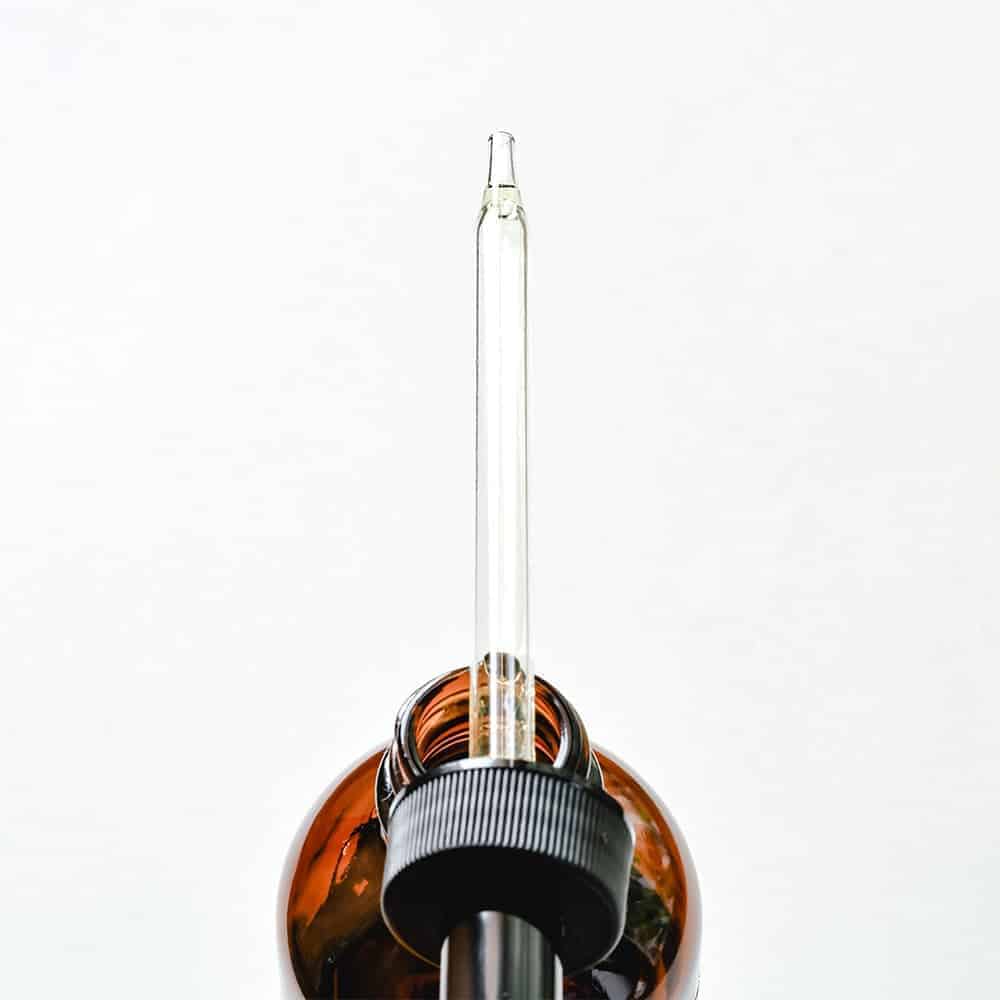
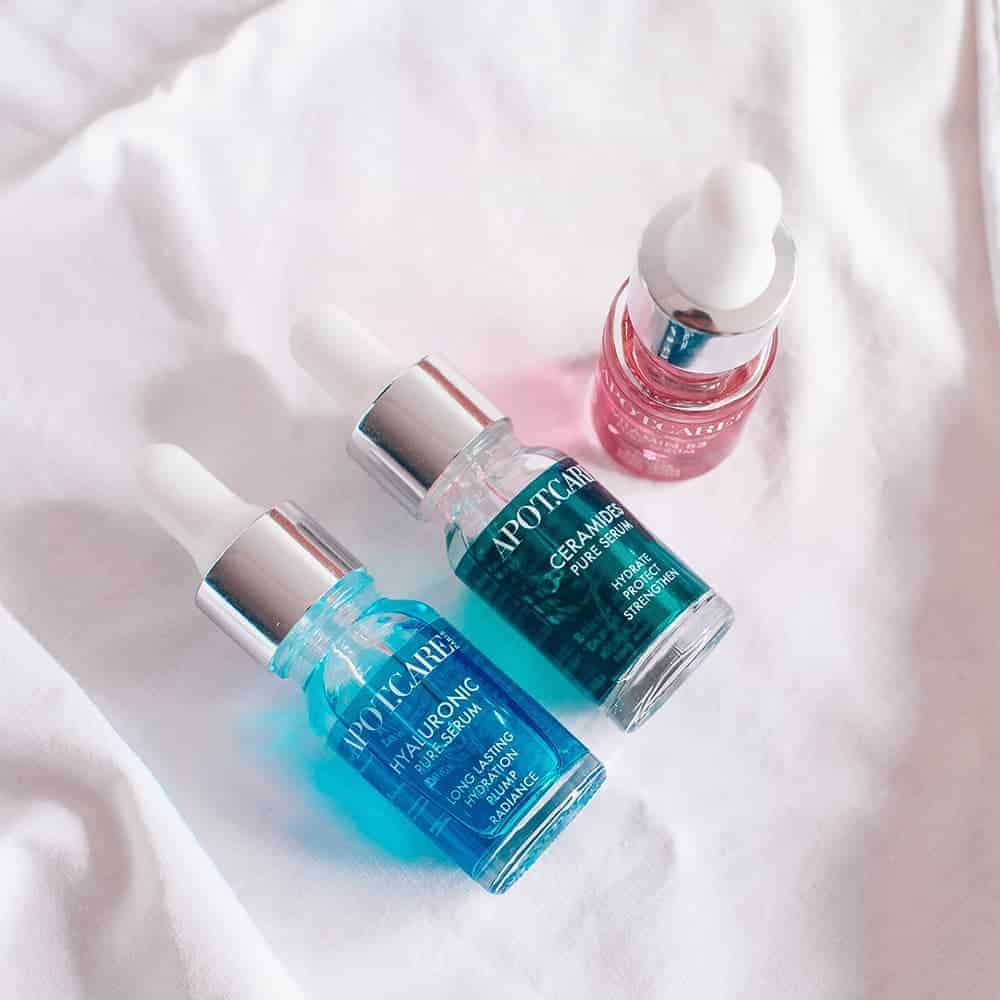
Viverra aliquet eget sit amet. At ultrices mi tempus imperdiet nulla. Arcu dui vivamus arcu felis bibendum ut. Arcu cursus euismod quis viverra nibh. Cursus vitae congue mauris rhoncus. Faucibus ornare suspendisse sed nisi lacus sed viverra.
John Doe
Key Takeaways
- Remain Top of Mind
- Be Seen to Sell
- Learn Something New

